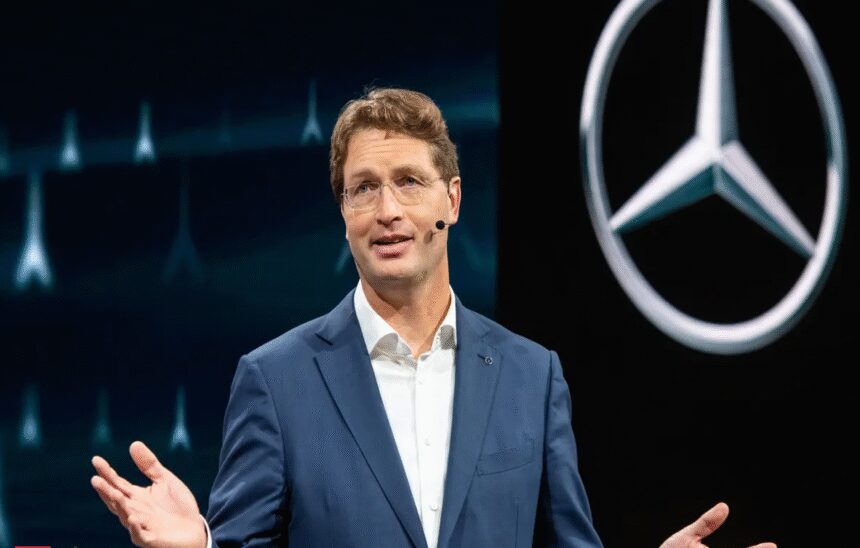Mercedes-Benz CEO Ola Kallenius said on Wednesday the German automaker was urging the European Union to find an “equitable solution” to create a level-playing field for China-made electric vehicles in Europe.
A pure tariff barrier was the “crudest instrument” that could be applied, he told reporters on the sidelines of the Shanghai auto show.
“We need to seek win wins. A conversation about a level playing field in an open market is always legitimate. But a pure tariff barrier is the crudest instrument you can apply,” he said.
“We have wished for the EU and negotiators on the Chinese side to come up with an equitable solution and from what I have read and heard, they are in discussions. History tells us that economies exposed to the full force of competition are the most innovative. That is what we would like.”
The EU increased tariffs on Chinese-built EVs to as much as 45.3per cent last October, but Brussels and Beijing have floated the idea of lifting the tariffs through possible commitments to minimum prices, known as price undertakings for imported cars.
The European Commission has said it is willing to continue negotiating an alternative to tariffs with China, which included tariffs of 17.0per cent for vehicles made by BYD, 18.8per cent for Geely and 35.3per cent for SAIC, on top of the EU’s standard car import duty of 10%.
The discussions to potentially find a truce over the longstanding spat, which has also roiled French cognac makers as Beijing took retaliatory trade action, come as U.S. President Donald Trump has embarked on a trade war with some of the United States’ closest trading partners, including the EU and China.
Mercedes on Tuesday ahead of the opening of the Shanghai autoshow unveiled a new all-electric luxury limousine van series called “Vision V” with some of the vehicles to be produced in China.
Kallenius said on Wednesday he expected to see momentum build in the upper end of the segment for electric vehicles in the next 2-3 years. Plug-in hybrids would likely continue to co-exist with fully electric offerings, he added, at least until 2030.
Like many other foreign automakers, Mercedes-Benz’s sales have dropped in China, hit hard by stiff competition from local rivals and as a sputtering economy saps consumer confidence.






